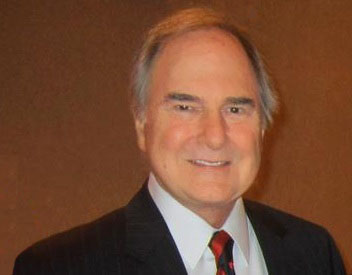(912) 261-1202
Jonathan Rigdon Smith J.D. P.C.
Home
Contact
About
FAQ
Services

Copyright Application Preparation
Patent Application Preparation
Trademark Application Preparation
Infringement Civil Suit Representation
Creating Non-disclosure Agreements
Preparing and Enforcing Contracts
Preparing and Negotiating License Agreements
Freedom-to-Operate Analyses
Patent Searches
Patent Drawings
Business Consulting
Engineering Consulting
Feasibility Analyses
Notary Public
One of inventors' main concerns is that if they tell anyone about their invention, it might be "stolen." This concern is well-founded. If you tell people about your invention, there is nothing to prevent them from making, using or selling it in this country, unless you either have a written contract with them, or you have a patent. It's a free country, and people can do what they want as long as it's legal. It's not nice to make money off someone else's idea without their permission, but it's not necessarily illegal. A patent, however, gives you the right, for a limited period of years, to prevent others from making, using, selling, or importing your invention.
So, you may ask, "What's to keep my patent practitioner from stealing my invention?" First of all, patent practitioners are bound by U.S. law and ethical Canons in the patent rules that provide for sanctions against such behavior including disbarment. The same constraints apply to them as apply between attorneys and their clients. Secondly, the law provides that a person cannot claim inventorship or receive a valid patent on something that they themselves did not invent. Therefore it is a good idea to have your patent practitioner (or a notary) witness your invention to provide proof of inventorship.
Some people send themselves a registered letter containing a description of their invention, which they do not open (the so-called "poor man's patent"). HOWEVER, while these procedures do provide evidence of inventorship, they do not prevent others from making, using or selling your invention UNLESS YOU END UP WITH A PATENT. Except in rare circumstances, it is of no value to be able to prove you invented something first UNLESS YOU HAVE APPLIED FOR A PATENT. If someone falsely claims inventorship on your invention and receives a patent on it, you might be able to invalidate their patent if you can prove your own inventorship. But unless you also applied for a patent on the same invention no later than a year after their patent was published, the best you would get out of this effort would be the right to compete with them.



